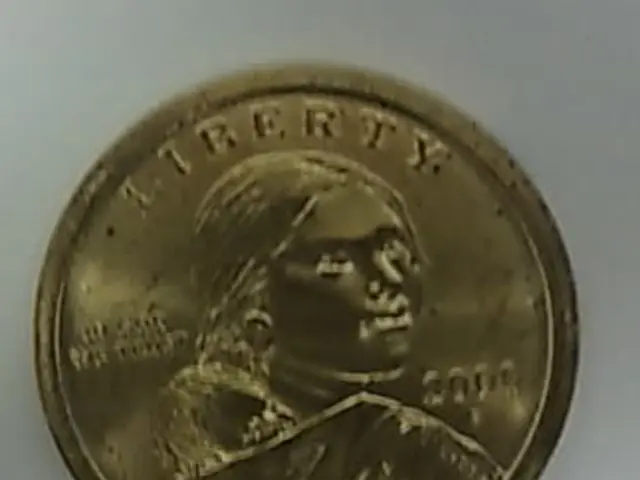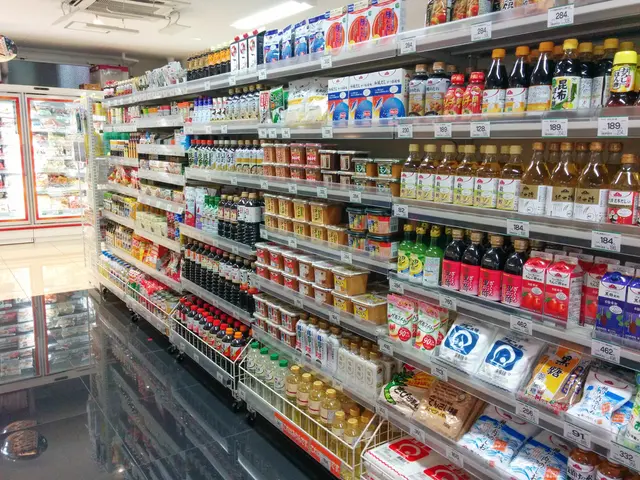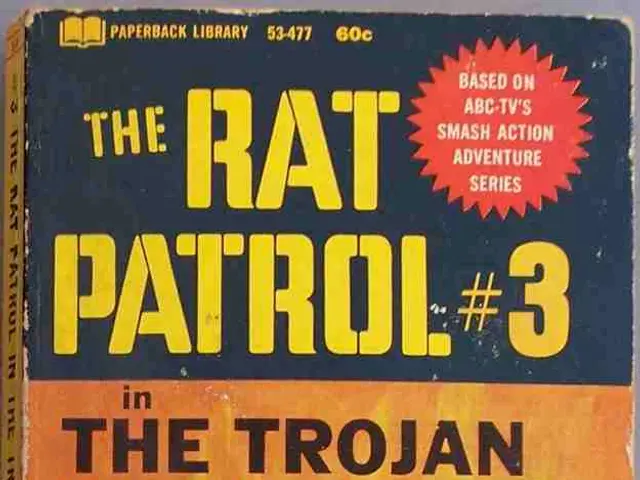Mattel to Maintain a Sizable Portion of American Toys Priced Under $20 Dollars
Mattel, the renowned toy manufacturer, is navigating the challenging trade environment, particularly the tariffs on Chinese imports, which have significantly increased production costs. The company has taken various measures to mitigate these effects and maintain its commitment to keeping prices as low as possible for U.S. consumers.
Approximately 40% to 50% of Mattel's U.S. products will continue to be priced under $20, ensuring affordability for a wide range of consumers. This decision comes amidst the anticipated $100 million tariff hit for the year, a figure that Mattel's Chief Financial Officer, Paul Ruh, joined the company just two months ago, aims to offset through strategic cost-cutting measures.
The overall impact of tariffs on Mattel and its competitors in the toy industry has been significant. Reduced sales growth and downgraded forecasts are a common trend, with Mattel cutting its 2025 net sales forecast to only 1–3% growth, down from previous targets. Q2 revenue for Mattel dropped 6%, with core franchises like Barbie and Fisher-Price declining sharply.
To counteract these challenges, toy makers like Mattel have simplified products, removing batteries, accessories, and reducing packaging to cut costs without losing sales appeal. For example, reducing items in playsets or downsizing features has become common. Mattel's dolls category, including its iconic Barbie line, declined 19% during the quarter, primarily due to fewer product launches.
Mattel is also diversifying its sourcing beyond China to reduce tariff exposure, moving some production to countries like Indonesia, Malaysia, Mexico, and Thailand. The company aims to keep China-made volume below 40% by 2027, similar to Hasbro's strategy of reducing China-made volume to below 40% by the same year.
Retailers have also been affected by tariff uncertainties, postponing and delaying inventory builds, which affected Q2 sales for toy makers and pushed some seasonal sales into later periods, creating short-term volatility.
Despite these challenges, Mattel does not expect any additional price increases this year. Consumers in the back-to-school season, according to an ICSC report, state that prices will impact their purchasing behaviors. However, Mattel's CEO, Ynon Kreiz, does not see consumers as more price sensitive compared to a year ago.
In a notable development, Mattel recently released its first Barbie doll with Type 1 diabetes, reflecting the company's commitment to inclusivity and diversity in its product offerings.
[1] Toy tariffs: Mattel, Hasbro take steps to cut costs [2] Mattel and Hasbro are simplifying toys to cut costs [3] Hasbro's China-made volume to drop below 40% by 2027 [4] Mattel's Q2 earnings report [5] Hasbro's Q2 earnings report
[1] The financial impact of tariffs on toy manufacturers, such as Mattel and Hasbro, has led them to adopt strategic cost-cutting measures, including simplifying product designs.
[2] Mattel and Hasbro are responding to tariffs by reducing the number of items in playsets, minimizing accessories, and streamlining packaging, in an effort to lower costs without sacrificing sales appeal.








